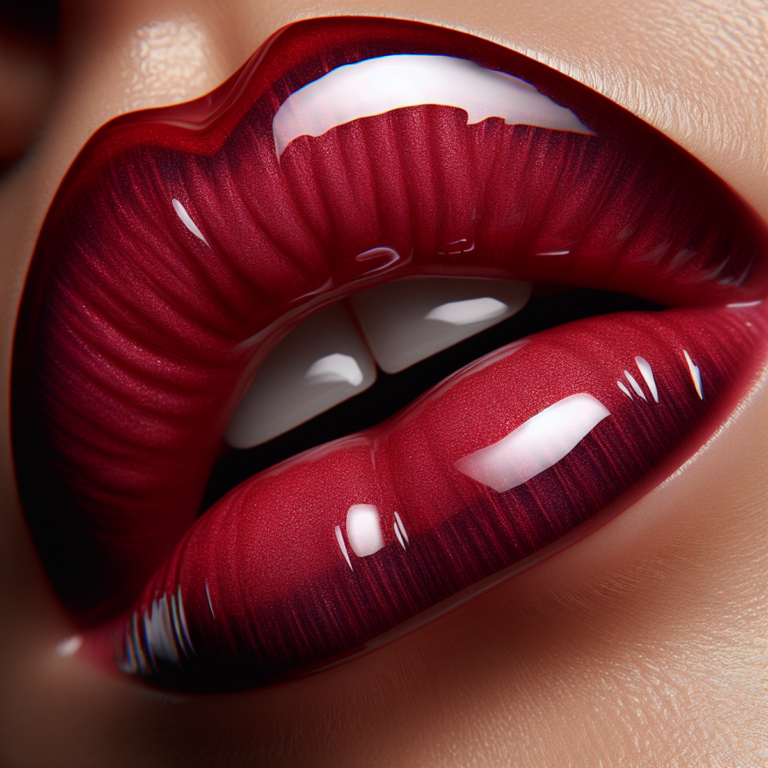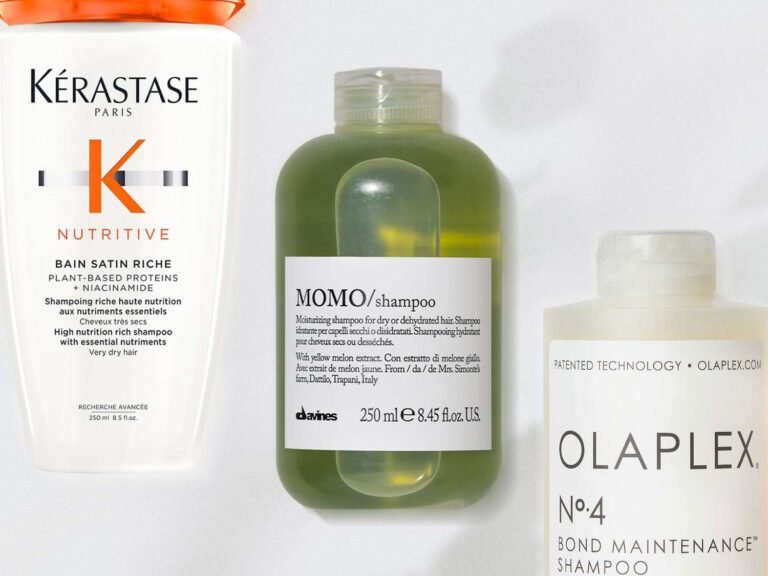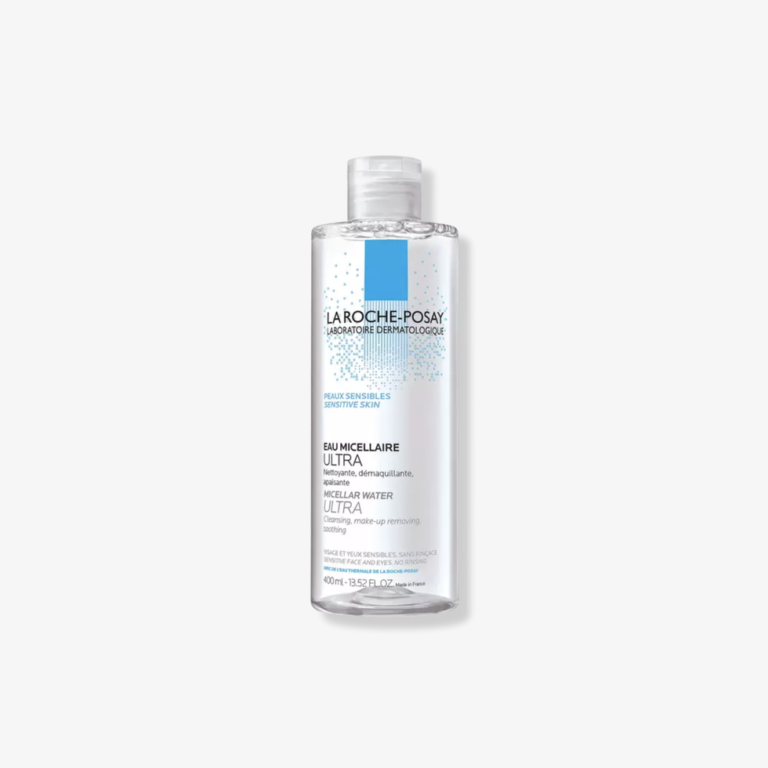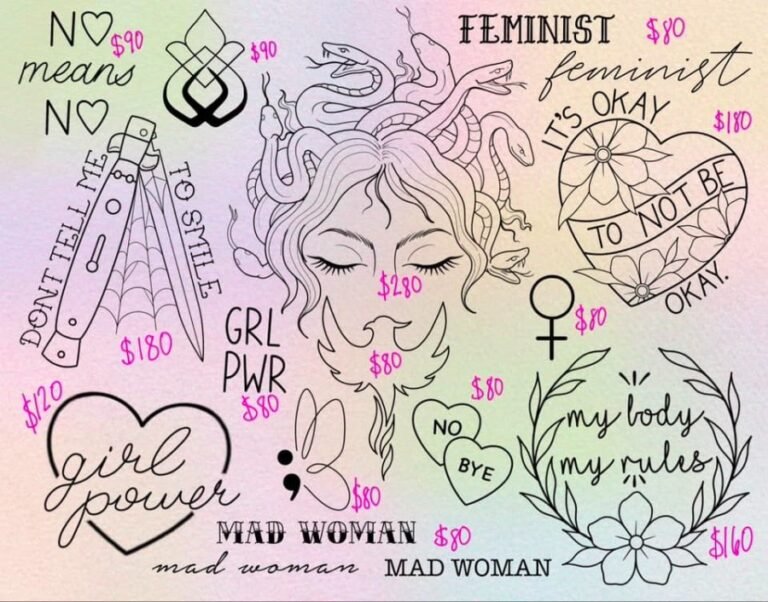Is Hard Water the Reason for Your Bad Hair Day?

Introduction
Hard water is a common household problem that can lead to many issues with your hair. Unlike soft water, hard water contains high levels of minerals like calcium and magnesium, which can cause damage to your hair. The mineral buildup from hard water can make your hair look flat, dry, and impossible to style. But don’t worry, there are ways to fix the effects of hard water on your hair, and we’re here to help.
The negative impact of hard water on the quality and style of your hair can be frustrating, but with the right knowledge and solutions, you can regain control over your hair. Whether you’ve noticed dryness, more breakage, or difficulty getting your desired hairstyle, understanding the effects of hard water is the first step towards getting healthy and vibrant hair again.
Understanding Hard Water
Hard water is a common household issue that can have a detrimental impact on the quality of your hair. It differs from soft water in terms of its mineral content, particularly the high levels of minerals such as calcium and magnesium.
Defining Hard Water
Hard water is characterized by its high mineral content, specifically an elevated concentration of calcium and magnesium ions. This differs from soft water, which contains lower levels of these minerals.
Mineral Composition
The high mineral content in hard water is primarily due to the water’s interaction with geological formations as it percolates through the earth. During this process, the water picks up dissolved minerals, particularly calcium and magnesium, resulting in an increased mineral concentration compared to soft water sources. The mineral composition of hard water plays a significant role in its effects on various aspects.
Impact on Hair
When hard water comes into contact with your hair, the dissolved minerals can create a film or buildup on the hair strands. This film makes it challenging for moisture to penetrate the hair, leading to dryness and potential damage. Additionally, the mineral buildup can affect the texture and manageability of your hair, causing brittleness and making it difficult to style effectively.
By understanding the composition of hard water and its impact on hair quality, you can take proactive steps to minimize its negative effects and maintain healthy, vibrant hair.
How Does Hard Water Affect Your Hair?
Hard water can have a detrimental impact on the overall look and feel of your hair. The high mineral content in hard water, particularly calcium and magnesium, can lead to several specific issues that affect the texture and appearance of your hair:
- Limpness: Hard water can create a build-up on the scalp and hair, leading to a lack of volume and bounce. The minerals in hard water can weigh down the hair, making it appear flat and lifeless.
- Brittleness: The mineral deposits from hard water can strip the hair of its natural oils, leaving it dry and prone to breakage. This can result in brittle strands that are more susceptible to damage.
- Styling Challenges: Hair washed with hard water may become difficult to style as the mineral build-up creates a coating on the hair shaft. This coating makes it challenging for styling products to penetrate the hair effectively, leading to issues with hold and manageability.
These specific effects of hard water on your hair can significantly impact your daily styling routine and overall confidence in your appearance. It is crucial to address and mitigate the negative impact of hard water on your hair’s health and aesthetics. Understanding these consequences will help you take appropriate measures such as using treatments or incorporating preventive measures into your hair care routine.”.
Recognizing the Signs of Hard Water Damage to Your Hair
When it comes to identifying the impact of hard water on your hair, it’s crucial to recognize the telltale signs that indicate potential damage. Understanding these symptoms can help you take proactive steps to mitigate the effects of hard water on your hair health:
- Dryness: One of the primary indicators of hard water damage is persistent dryness in your hair. If you notice that your hair feels rough, lacks moisture, and appears dull despite using conditioning products, hard water could be the culprit.
- Increased Breakage: Hard water can make your hair more prone to breakage due to the mineral buildup that interferes with its natural flexibility and strength. If you find yourself dealing with more split ends and noticeable breakage, it may be time to consider the impact of hard water.
- Potential Hair Loss Issues: In severe cases, prolonged exposure to hard water can lead to excessive hair shedding and even contribute to hair loss. If you observe a significant increase in hair fall without any other apparent causes, it’s essential to evaluate the role of hard water in this scenario.
By remaining vigilant about these warning signs, you can gain valuable insights into the condition of your hair and make informed decisions about addressing potential hard water damage.
Tips to Protect Your Hair from Hard Water Effects
When it comes to combating the adverse effects of hard water on your hair, there are practical solutions that can help minimize these issues and keep your locks looking their best. Here are some tips to protect your hair from hard water effects:
1. Use a Water Softener Shower Head
Investing in a water softener shower head can make a significant difference in reducing the impact of hard water on your hair. These specialized shower heads are designed to filter out excess minerals and impurities, resulting in softer water that is gentler on your hair. By using a water softener shower head, you can effectively minimize the buildup of mineral deposits, helping to maintain the natural moisture balance of your hair.
2. Incorporate Clarifying Shampoos into Your Routine
Regular use of clarifying shampoos can also aid in mitigating the negative effects of hard water. These shampoos are formulated to deep-clean and remove residue, including mineral buildup, product buildup, and impurities from hard water. By incorporating a clarifying shampoo into your hair care routine, you can effectively cleanse your scalp and strands, preventing the accumulation of mineral deposits that can leave your hair looking dull and feeling weighed down.
By implementing these practical solutions, such as using a water softener shower head and regularly using clarifying shampoos, you can proactively protect your hair from the damaging effects of hard water. Incorporating these tips into your hair care routine can help maintain the overall health and appearance of your hair, ensuring that it remains vibrant and manageable despite the challenges posed by hard water.
Restoring Damaged Hair Caused by Hard Water
If your hair has already been damaged due to hard water, don’t worry! There are several effective ways to restore moisture and shine to your hair. Here are some tips on repairing and nourishing hard water-damaged hair:
- Hydrating Hair Masks: Hair masks are a fantastic way to replenish moisture and nourish your hair. Look for masks that specifically target dryness and damage caused by hard water. These masks are typically enriched with hydrating ingredients such as shea butter, argan oil, or coconut oil. Apply the mask to damp hair after shampooing and leave it on for the recommended time before rinsing thoroughly. You can use a hair mask once or twice a week to keep your hair well-hydrated.
- Citrus Rinse: Citrus fruits like lemons and oranges contain natural acids that can help remove mineral buildup from your hair. To make a citrus rinse, squeeze the juice of one lemon or orange into a cup of warm water. After shampooing your hair, pour the mixture over your hair as a final rinse. Massage it into your scalp and leave it on for a few minutes before rinsing with cool water. The acidic properties of citrus fruits will help restore the pH balance of your hair and add shine.
- Vinegar Rinse: Vinegar is another excellent DIY remedy for combating hard water damage. Mix one part apple cider vinegar with two parts water in a spray bottle. After shampooing, spritz the mixture onto your hair, focusing on the ends. Leave it on for a few minutes before rinsing thoroughly. Vinegar helps remove mineral buildup, smooth the cuticles, and restore natural shine to your locks.
- Deep Conditioning Treatments: Deep conditioning treatments are essential for repairing damaged hair caused by hard water. Look for products that are specifically formulated for dry and damaged hair. These treatments often contain ingredients like keratin, protein, or amino acids that help strengthen and repair the hair shaft. Apply the treatment to clean, towel-dried hair and leave it on for the recommended time before rinsing thoroughly. For best results, use a deep conditioner once a week.
Remember, consistency is key when restoring hard water-damaged hair. Incorporate these remedies into your hair care routine and give your hair some time to recover. Be patient, as it may take a few weeks to see noticeable results. Additionally, continue using a water softener shower head and clarifying shampoo to minimize further damage from hard water.
By following these tips and being proactive in your hair care routine, you can restore moisture and shine to your hair, even if you’re dealing with the effects of hard water. Experiment with different remedies to find what works best for your hair type and enjoy healthier, more vibrant locks.
Conclusion
Protecting your hair from the damaging effects of hard water is essential for maintaining healthy locks and avoiding those dreaded bad hair days. By implementing the suggested techniques, you can minimize the negative impact of hard water on your hair and restore its natural beauty.
Here are some final thoughts on this topic:
- Take action: Don’t let hard water ruin your hair. Invest in a water softener shower head to reduce mineral buildup and improve the overall quality of your water. Additionally, incorporate regular use of clarifying shampoos into your haircare routine to remove any lingering residue.
- Maintain healthy hair: Remember that external challenges like hard water shouldn’t deter you from achieving gorgeous, lustrous locks. Prioritize proper hydration, a balanced diet, and regular trims to keep your hair in optimal condition.
- Seek professional advice: If you’ve tried various home remedies and still struggle with the effects of hard water, it may be time to consult a hairstylist or dermatologist. They can provide personalized recommendations and treatments tailored to your specific needs.
Protecting your hair from hard water damage is an ongoing process, but with the right knowledge and tools, you can maintain vibrant and manageable tresses. So bid farewell to those bad hair days and embrace the beauty of healthy, nourished hair.
Remember: Your hair deserves all the care it can get, even in the face of challenges like hard water. Take control of your haircare routine today and enjoy the benefits of strong, beautiful locks every day.










